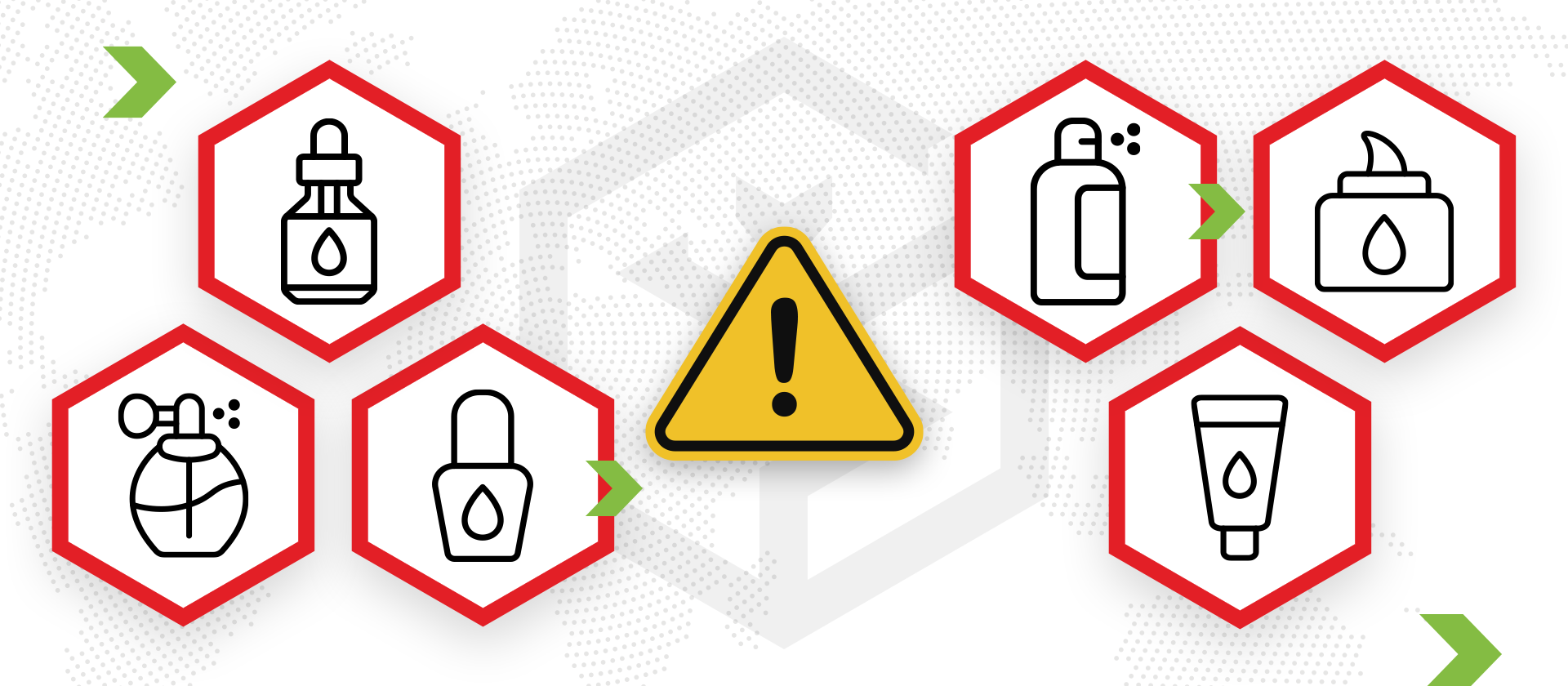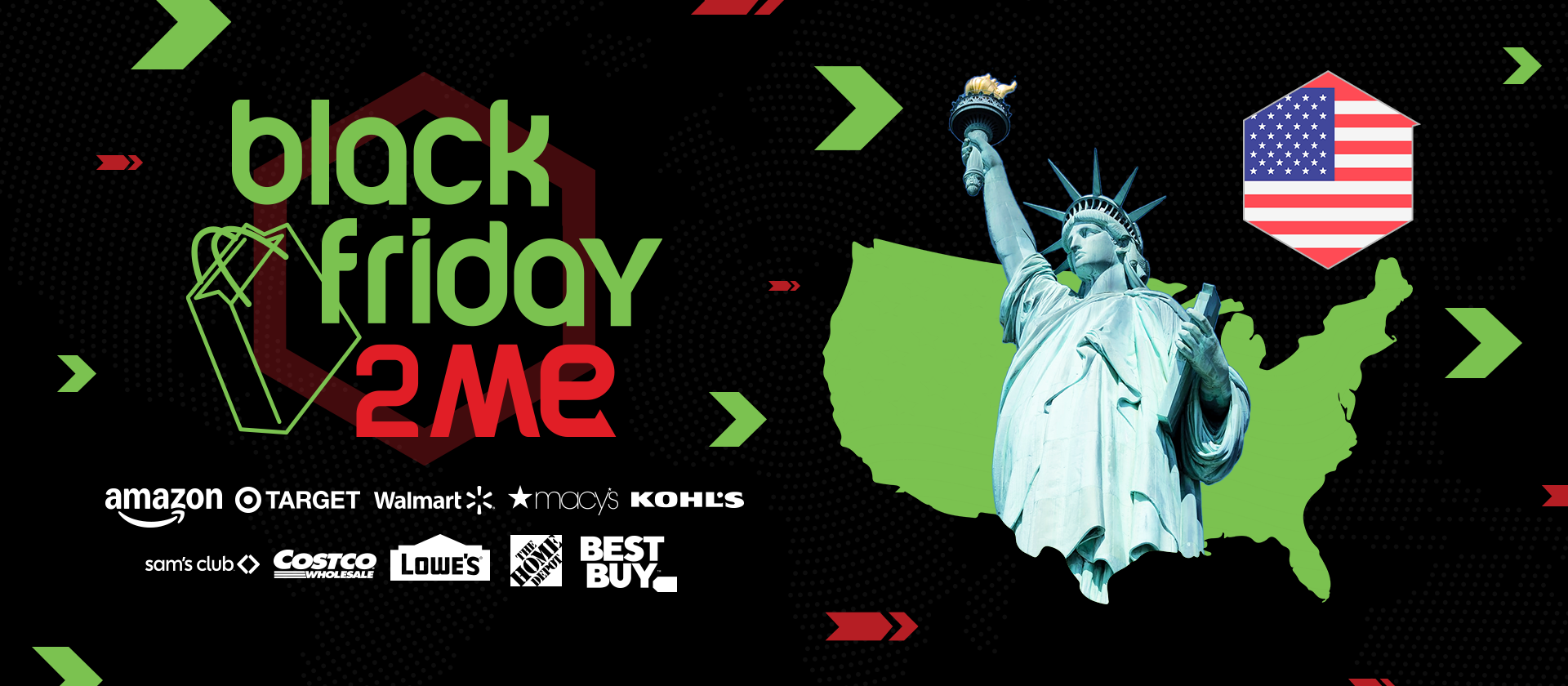10 Common Beauty Products That Are Classified as Dangerous Goods

When you're shopping for your favorite cosmetics or skincare online, the last thing you’re thinking about is international shipping regulations. But if you're using a parcel forwarding service to ship products globally, it’s important to know that some everyday beauty items are considered dangerous goods.
This doesn’t mean they’re unsafe to use; it just means they pose a risk during air transport and need to be handled differently due to flammability, pressure sensitivity, or chemical reactivity.
Here are 10 common beauty products you might already have in your makeup bag that could cause shipping delays or require special handling.
Hair Dye
Hair dye is a beauty staple for many, but it’s also one of the trickier items to ship internationally. Many formulas contain reactive or corrosive chemicals such as hydrogen peroxide, ammonia, or paraphenylenediamine (PPD). These ingredients are essential for lightening or depositing color, but they can also cause chemical burns, release harmful fumes, or react dangerously with other substances.
From a shipping standpoint, these chemicals may classify the product as an oxidizing or corrosive substance, especially for air freight where pressure and temperature changes can increase the risk. A smart precaution is to check the ingredient list carefully or request a Material Safety Data Sheet (MSDS) from the seller before ordering.
Nail Polish & Nail Polish Remover
Both nail polish and polish remover often contain highly flammable solvents such as acetone, ethyl acetate, or toluene. These liquids can ignite easily, especially in confined spaces like an aircraft cargo hold.
Under IATA (International Air Transport Association) guidelines, these products are classified as Class 3 flammable liquids. This means they can’t be shipped by air unless they are packaged and labeled in compliance with dangerous goods regulations. As a result, you’ll often find these products restricted to ground transport only.
Aerosol Products (Dry Shampoo, Hairspray, Setting Spray)
Aerosols combine two risky elements: pressurized containers and flammable propellants like butane, propane, or isobutane. When exposed to heat or pressure changes during transport, these cans can expand or even explode, posing a safety hazard.
For shipping, aerosols are regulated as Class 2 gases, meaning they are subject to very strict handling rules. Many courier services outright ban them from air transport, and even ground shipping often requires special labeling. That’s why you might see “cannot ship to your location” messages when trying to order your favorite hairspray online.
Perfumes & Body Mists
Perfumes might be small and luxurious, but they’re also one of the most heavily regulated beauty products in shipping. Most perfumes and body mists contain between 60–90% alcohol, making them extremely flammable.
Because of their high alcohol content, perfumes are tightly controlled for air freight. They require special “dangerous goods” packaging and clear hazard labeling. If you’ve ever wondered why certain fragrance brands won’t ship internationally, it’s often because the cost and complexity of compliant shipping outweigh the benefits.
Creams with Active Ingredients (Retinol, Acids, Steroids)
Potent skincare products like retinol creams, AHA/BHA exfoliants, and steroid-based medicated creams can be regulated for reasons beyond flammability. Their high concentration of active ingredients can cause skin irritation if mishandled, and some may degrade or react under certain conditions.
In shipping terms, these items might be classified as pharmaceuticals, corrosives, or even hazardous chemicals, depending on their formulation. Local import laws vary widely – what’s considered safe over-the-counter in one country may require a prescription or be banned in another. This is why some active-heavy creams are marked “cannot ship to your region” on beauty websites.
Hair Removal Creams
Hair removal creams’ chemical composition can be surprisingly aggressive. Many contain calcium thioglycolate or strong alkaline compounds that break down hair structure – but those same chemicals can also burn skin or corrode certain materials.
From a logistics perspective, high concentrations of these compounds can place the product under Class 8 corrosive substances. This means shippers must use certified packaging to prevent leaks and ensure the product is stored upright. Air carriers often reject these products altogether, making ground shipping the safer choice.
Nail Glue / Lash Adhesives
False nails and lash extensions rely on strong adhesives, but most of these glues contain cyanoacrylate – the same fast-bonding compound found in super glue. While great for beauty applications, cyanoacrylate is both highly flammable and capable of releasing irritating fumes if not stored properly.
In shipping, nail and lash glues fall under hazardous chemical regulations. They require secure, leak-proof packaging and proper hazard labeling. Ordering in bulk can be especially challenging.
Essential Oils
Essential oils may feel natural and safe, but their high concentration makes them powerful, and in some cases – dangerous. Many oils are highly flammable, and some (like citrus or cinnamon oils) can cause severe skin irritation or allergic reactions.
When shipping, essential oils are often classified as Class 3 flammable liquids. Some oils also face additional restrictions based on their botanical source or the country they’re coming from, especially if the plant is endangered or protected. Always check both the ingredient list and the origin before ordering.
Tinted Moisturizers & Foundations with Alcohol
Some tinted moisturizers, foundations, and setting tints contain alcohol denat or ethanol as part of their formula. While this helps with quick-drying and smooth application, it can also make the product flammable if the concentration is high enough.
Shipping regulations apply if the alcohol content passes certain thresholds, meaning the product may require flammable goods labeling and special handling. Even if allowed, these products might face quantity limits per shipment, so larger orders can be problematic.
Battery-Operated Beauty Tools
Modern beauty gadgets like electric razors, heated eyelash curlers, and vibrating facial rollers often use rechargeable lithium-ion batteries. While convenient, these batteries are a well-known fire risk if damaged, overcharged, or exposed to high temperatures.
For transport, lithium-ion batteries must be declared, packaged in protective casings, and sometimes shipped separately from the device. Air carriers impose especially strict rules, as battery fires are extremely difficult to extinguish mid-flight. If you’re ordering one internationally, expect longer shipping times and possible extra fees for compliance.
How forward2me Handles Dangerous Goods
At forward2me, we take our responsibility in shipping dangerous goods seriously. Our team ensures that all necessary documentation, labeling, and processing steps are handled with care so your shipment stays compliant every step of the way. Before sending any beauty products from the list above, we recommend checking our prohibited and restricted items page or reaching out to us directly with your questions. This can help you avoid unnecessary delays or rejected shipments.
To make the process smoother, upload your purchase invoice so we can label your shipment accurately, and be ready to provide a Safety Data Sheet (SDS) if requested. Not sure where to find one? Our SDS guide walks you through exactly how to locate it from your retailer or manufacturer.

.png)
.png)